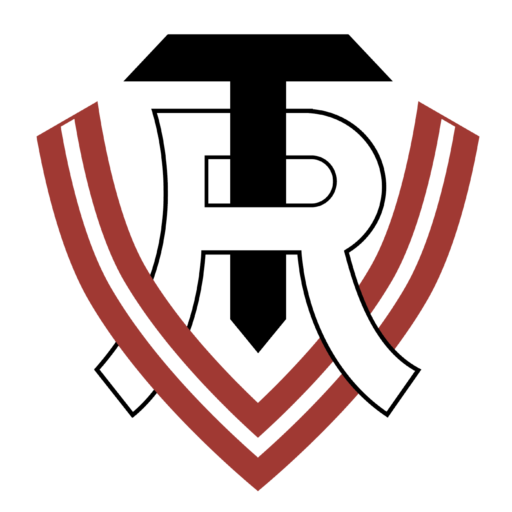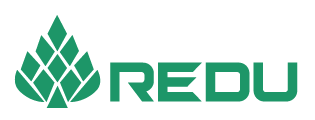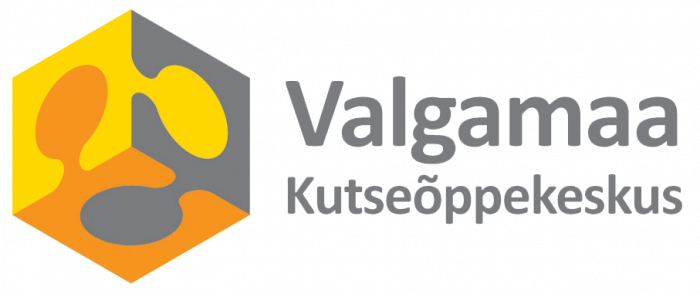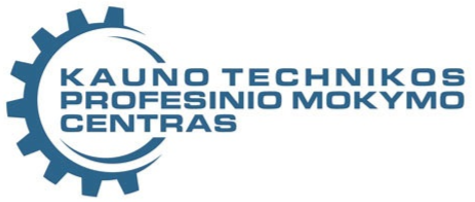Nordplus Junior 2021 Project
„Organization of green workplace at vocational school”
No. NPJR-2021/10065





No. NPJR-2021/10065





Nowadays sustainable environment development is the focus of attention everywhere in the world – policy, society, economics, etc., including education. Although the society, among them our students and teaching staff, is informed about the environmental issues and green lifestyle, actions carried out at our vocational schools are still to be developed and improved. That’s the reason why five vocational schools from Latvia, Norway, Estonia, Finland, and Lithuania, have prepared the project with a title “Organization of green workplace at vocational school” in order to promote students’ and staff’s green skills according to sustainable environment development, resource-efficient, and energy-efficient management as well as make decisions that are environmentally friendly and appropriate to the green mindset.
The objectives of our project are as follow: